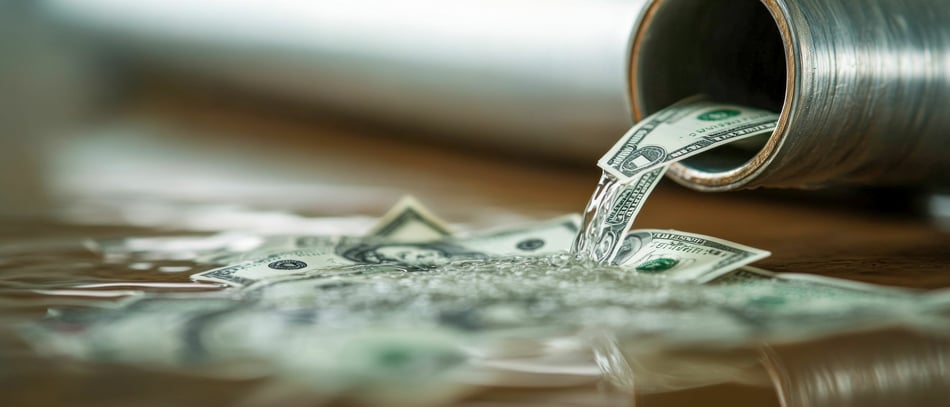
When it comes to planning for retirement, few people think about the importance of liquidity. What is liquidity? The definition of liquidity is “the ability to convert an asset to cash quickly.”
For retirees, you can think of liquidity like this: “The ability to do what you want or get what you need whenever you want or need it…because you can always pay for it!”
Here are some examples of different types of assets in order of how liquid they are:

Technically speaking, cash is the most liquid asset there is, because it can be used immediately and under almost any circumstance. Other assets have varying degrees of liquidity. Stocks are relatively liquid since they can usually be sold easily. More tangible objects, like a car or even a prized baseball card, are far less liquid because it might take longer to find an interested buyer. Items like these might also be harder to sell for their full value. Real estate is one of the least liquid assets of all—ever tried selling property before? Sometimes the market cycles allow for a quick sale at a great price. Other times it can take months to years to get the price you are looking for.
Why does this matter?
The main reason is because of the unexpected expenses you will inevitably face after retirement. What if your house is damaged by a storm and needs repairs? What if your car breaks down? What if you have sudden medical expenses to pay? All those things require cash. You can’t rely on things like Social Security alone because that will have already been earmarked for your expected expenses.
One of the easiest and smartest ways to give yourself some needed liquidity in retirement is to establish a rainy-day fund outside your normal savings and investment accounts. It’s a fund that only gets touched in the event you have unexpected expenses.
Generally, a good rainy-day fund should contain enough liquid assets to cover 3-6 months’ worth of living expenses. If you don’t yet have such a fund, start now, and start small. Deposit $100 or so into a new savings account and then contribute to it every month. You’ll be surprised how soon it adds up!
Unexpected expenses are why liquidity is so important. No one can plan for every occurrence. We have to expect the unexpected. It’s why you should always keep a first-aid kit in your car or a flashlight in your house. For these reasons, when pondering how you are invested during retirement and where your income is coming from, it’s important that you have a plan for how to convert assets to cash quickly should you ever need to.





